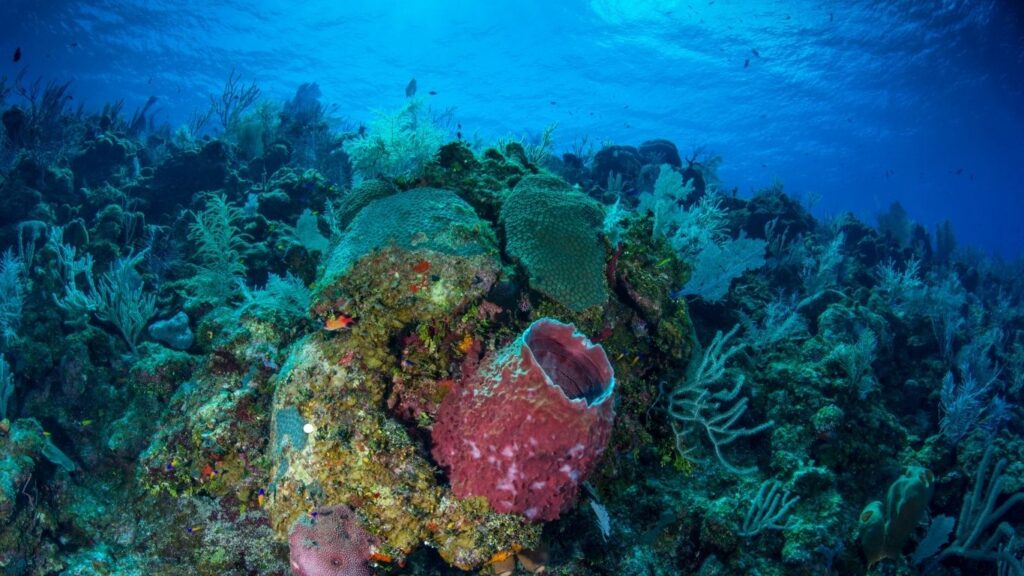
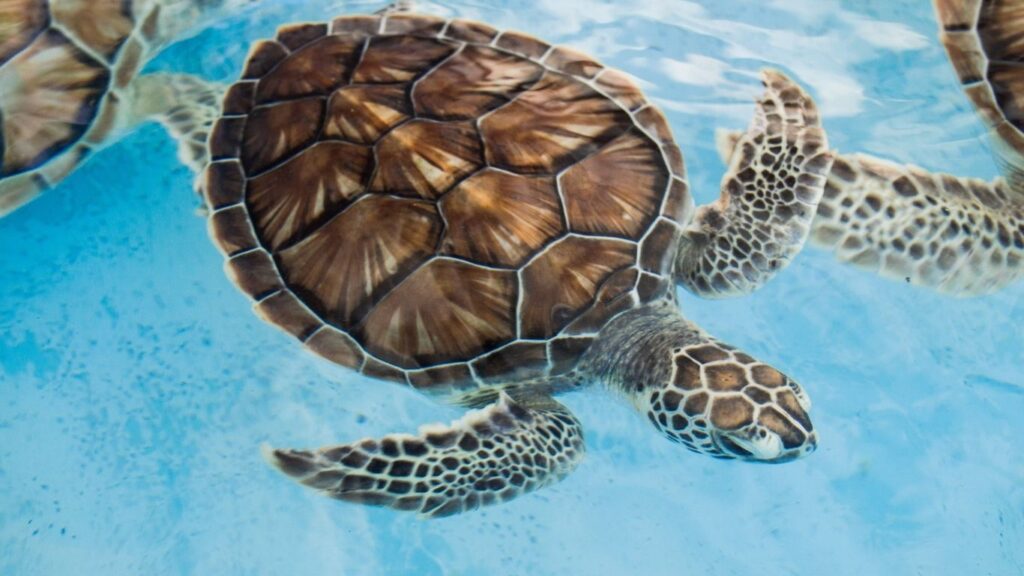
🌴 Why the Caribbean Is Leading the Way in Marine Conservation
The Caribbean is more than just beaches and palm trees. Beneath the waves live sea turtles, colorful fish, coral reefs, and whales. But sadly, this beauty is under threat. Pollution, climate change, and overfishing are damaging the oceans every day.
The good news? Many Caribbean islands are working hard to protect marine life. In 2025, travelers like you can help by choosing ethical wildlife tours and eco-friendly places to stay.
When you travel with care, your vacation helps protect the ocean.
🐬 Top Caribbean Islands for Marine Conservation and Wildlife Ethics
1. Dominica – First-Ever Sperm Whale Reserve
Dominica is like a real-life nature documentary. Towering waterfalls, lush green cliffs, and deep blue seas set the stage for magical encounters with sperm whales—yes, real ones, living free in their natural home. The island is now the proud home of the world’s first sperm whale reserve, and it’s one of the only places where these majestic animals live year-round.
Picture this: you’re on a quiet boat, camera ready, when a whale surfaces just meters away, exhaling a misty breath. It’s peaceful, powerful, and unforgettable. And once your ocean adventure ends, explore Dominica’s hot springs, jungle hikes, or take a dip in one of its 365 rivers.
- Must-Do: Go on a whale-watching trip guided by marine experts who respect wildlife
- Why It’s Special: World’s first sperm whale reserve, strict eco-guidelines, community-led conservation
- Stay Here: Jungle Bay Eco-Resort – rustic-luxury eco-villas with wellness and conservation tours
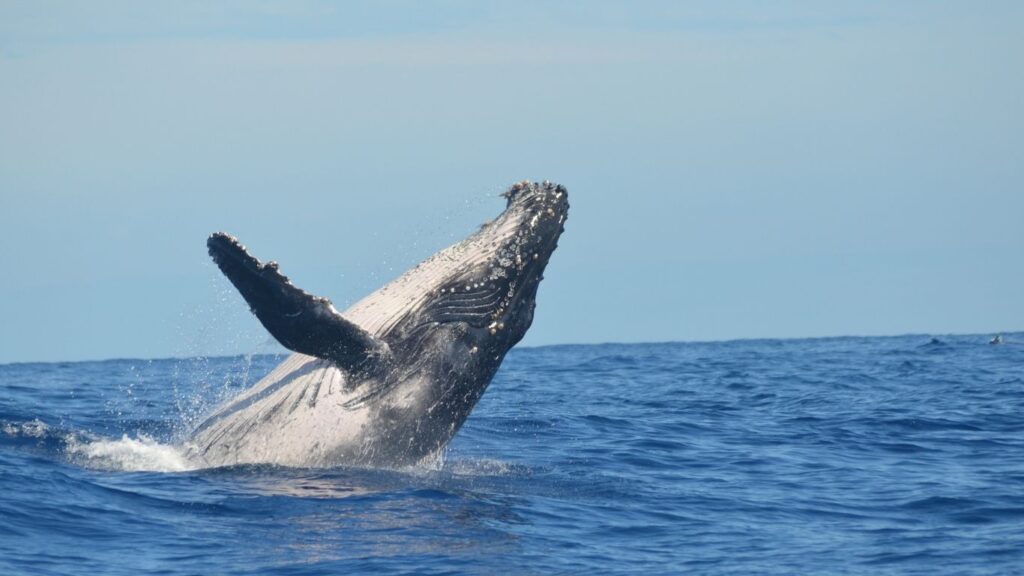
🧠 Fun fact: Each sperm whale pod has its own “accent” when they communicate!
2. The Bahamas – Sharks, Reefs, and Real Conservation
The Bahamas offers way more than turquoise beaches and fruity drinks—it’s a shark lover’s paradise. This country banned shark fishing back in 2011, making it a safe haven for over 40 shark species. Dive into clear waters where reef sharks gracefully circle coral reefs, and you’ll quickly realize: these creatures aren’t scary they’re stunning.
Marine sanctuaries and coral nurseries help bring the reefs back to life, and friendly dive guides teach you how to protect them. After your underwater thrill, stroll white-sand beaches or enjoy a traditional Bahamian fish fry by the sea.
- Must-Do: Dive with reef sharks or visit a coral nursery for hands-on reef restoration
- Why It’s Special: Atlantic’s first shark sanctuary, marine science tours, strong coral protection programs
- Stay Here: Small Hope Bay Lodge – plastic-free, solar-powered, and loved by conservationists
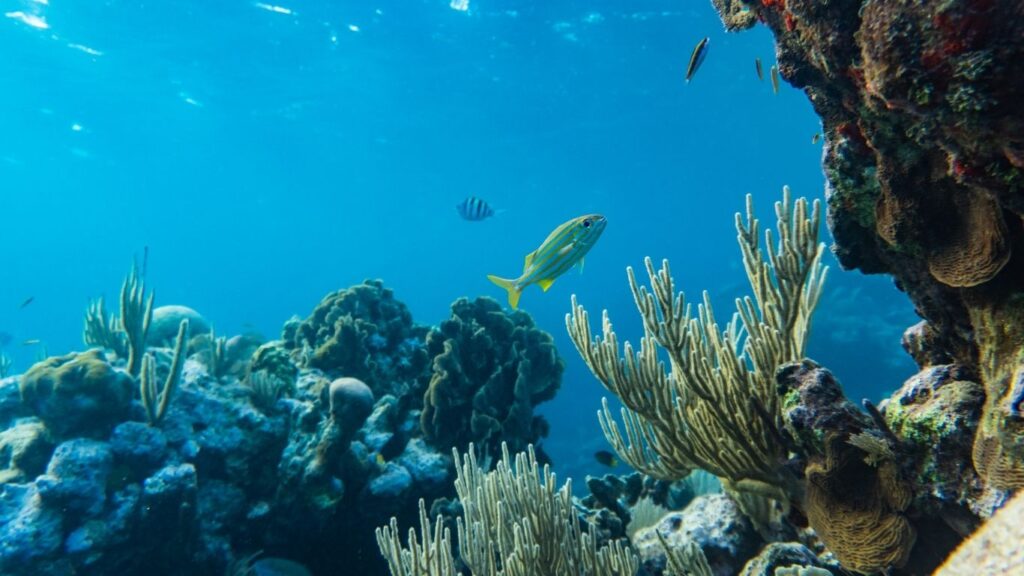
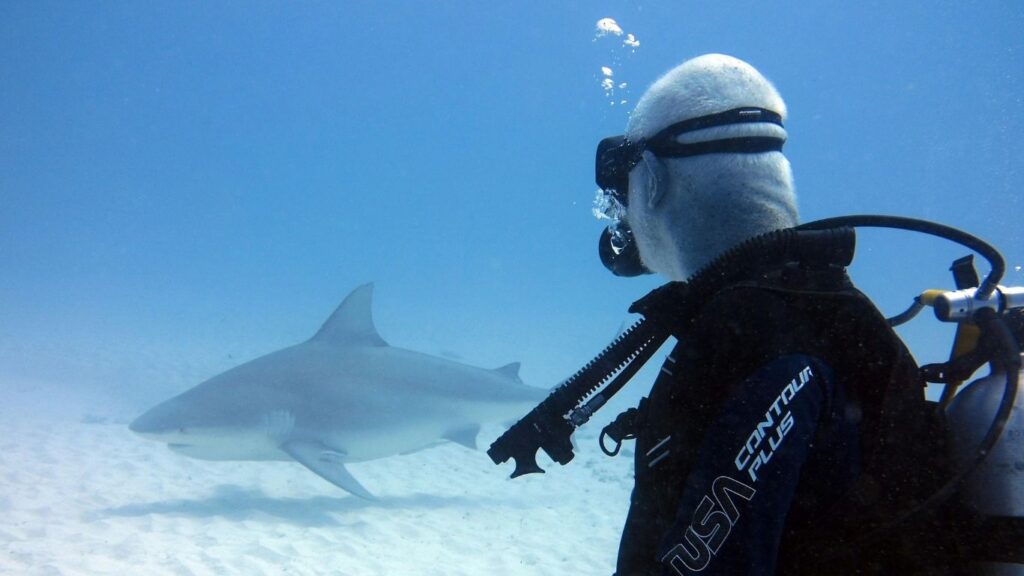
🦈 Sharks are key to healthy reefs. No sharks = sick oceans.
3. U.S. Virgin Islands – Rebuilding Reefs, One Coral at a Time
The U.S. Virgin Islands prove that nature can recover—with a little help. After storms and bleaching events, locals began rebuilding coral reefs from scratch, and now you can join them. Dive or snorkel through coral nurseries where baby corals grow, or even help plant them yourself!
St. John and St. Thomas offer clear, warm waters and reef-safe tourism experiences that combine fun with purpose. It’s the perfect blend of tropical escape and hands-on healing. After your reef work, hit the local beach bars for live music or enjoy sunset kayaking through glowing bioluminescent bays.
- Must-Do: Help plant coral in restoration nurseries or take a guided snorkel tour with reef experts
- Why It’s Special: Community-run coral regrowth programs, reef education, eco-regulations
- Stay Here: Concordia Eco-Resort – solar-powered cabins and direct access to nature trails and reefs
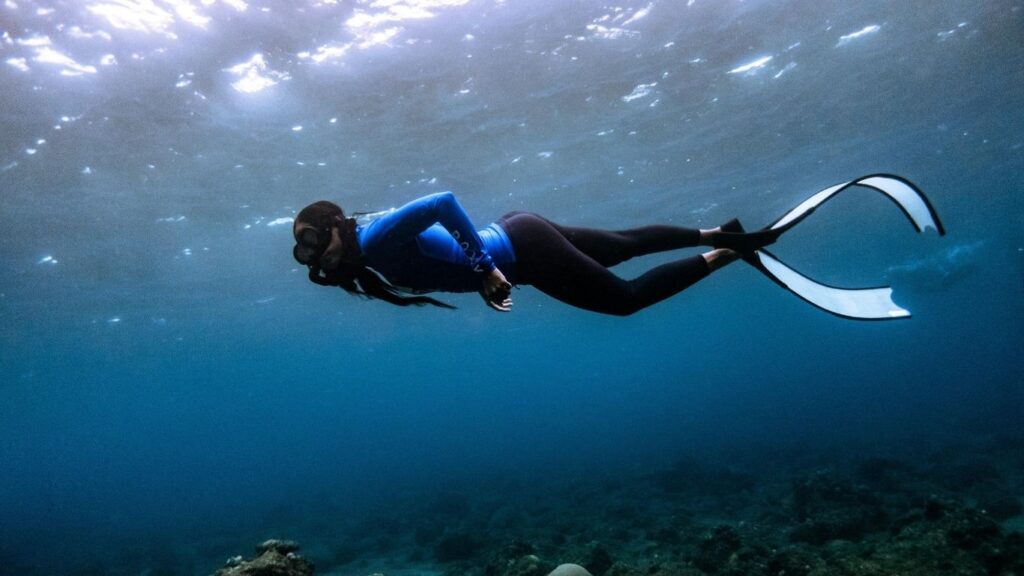
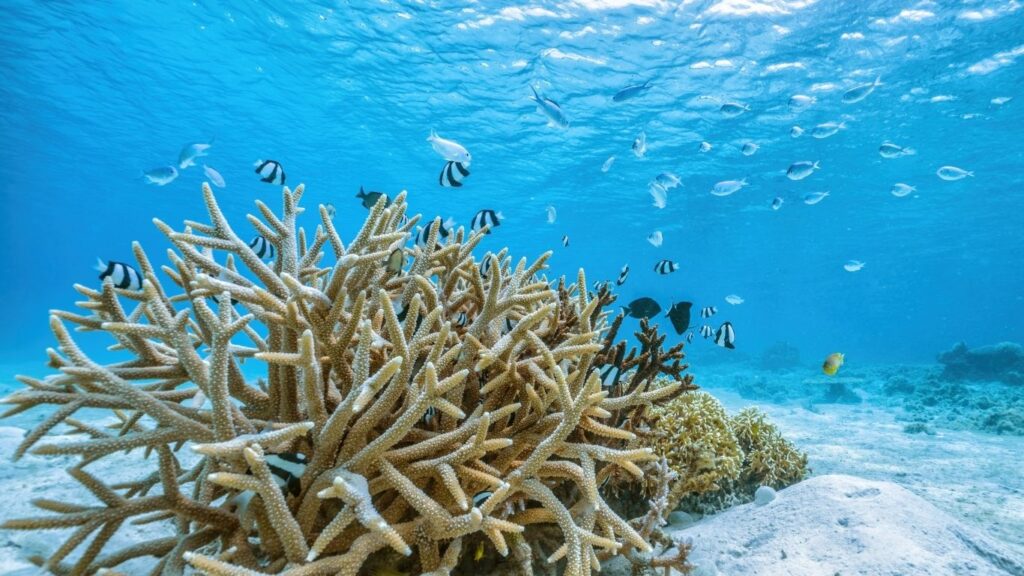
🌞 Healthy coral = more fish, clearer water, and safer coastlines.
4. Cayman Islands – Turtle Heroes and Ocean Stories
The Cayman Islands have flipped the script on marine conservation. Once a hub for turtle hunting, they’re now champions of turtle protection and reef revival. Visit the turtle sanctuary where you can help release baby turtles into the wild, or explore the famous USS Kittiwake, a sunken ship turned thriving coral reef.
From snorkeling in Stingray City to hearing ancient seafaring stories passed down by locals, your time in the Caymans blends adventure with meaning. And the food? Deliciously Caribbean—with just-caught seafood and tropical fruit bursting with flavor.
- Must-Do: Visit the turtle conservation center or dive the USS Kittiwake shipwreck
- Why It’s Special: Strong turtle rescue efforts, artificial reef success stories, marine laws that work
- Stay Here: Sunset House – diver’s paradise with eco-tours and ocean-friendly practices
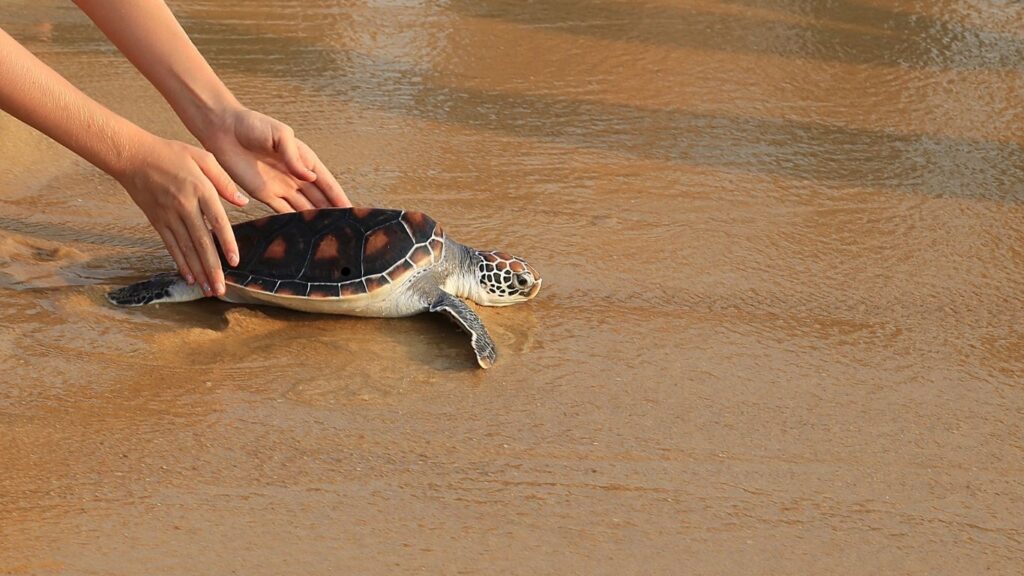
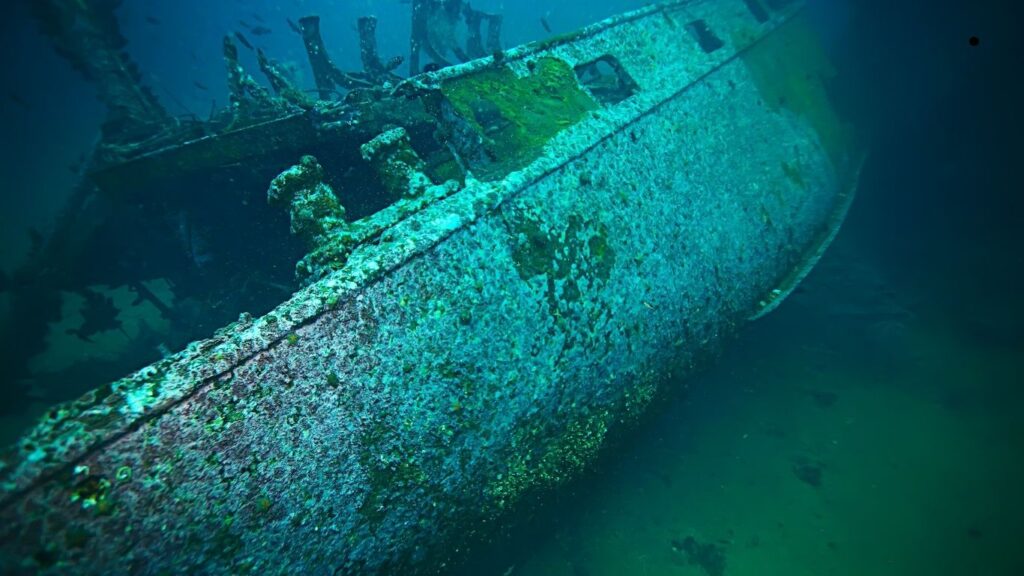
🐢 Releasing a baby turtle into the sea is an experience you’ll never forget.
🐠 How to Be a Kind Traveler
If you love animals and the ocean, here’s how to travel the right way:
✔Watch wildlife in their natural homes, not in tanks or cages
✔ Never feed, chase, or touch marine animals
✔ Pick tours with eco-certification or marine guides
✔ Use reef-safe sunscreen to protect coral
✔ Stay at places that give back to the environment
🚫 Avoid places that offer dolphin shows, turtle rides, or selfies with wild animals.
Final Thoughts: Travel That Feels Good & Does Good
In 2025, Caribbean travel isn’t just about relaxing. It’s about reconnecting with nature, with purpose, and with the ocean itself. Whether you’re swimming with wild rays or helping coral grow, you’re part of something bigger.
Choose adventures that leave the ocean cleaner and wildlife safer.
Because the best trips don’t just make memories they make a difference.
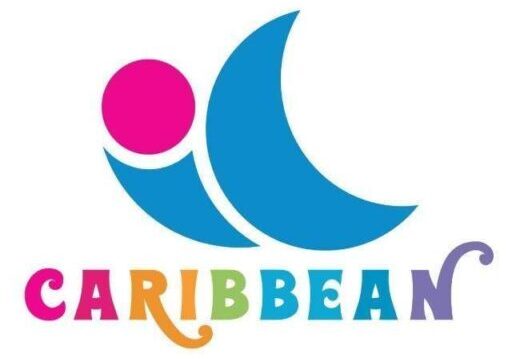

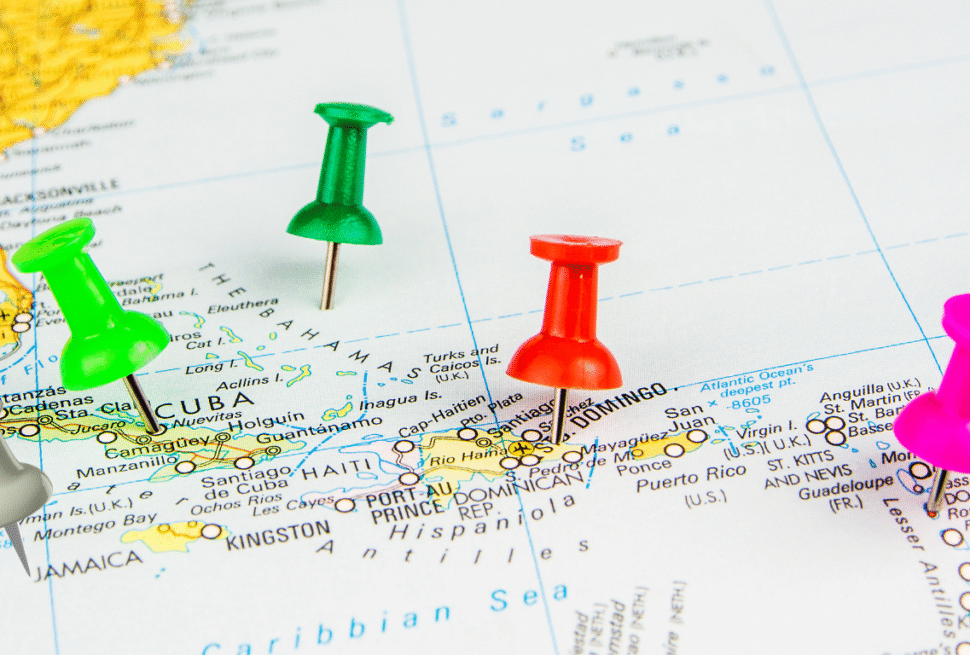
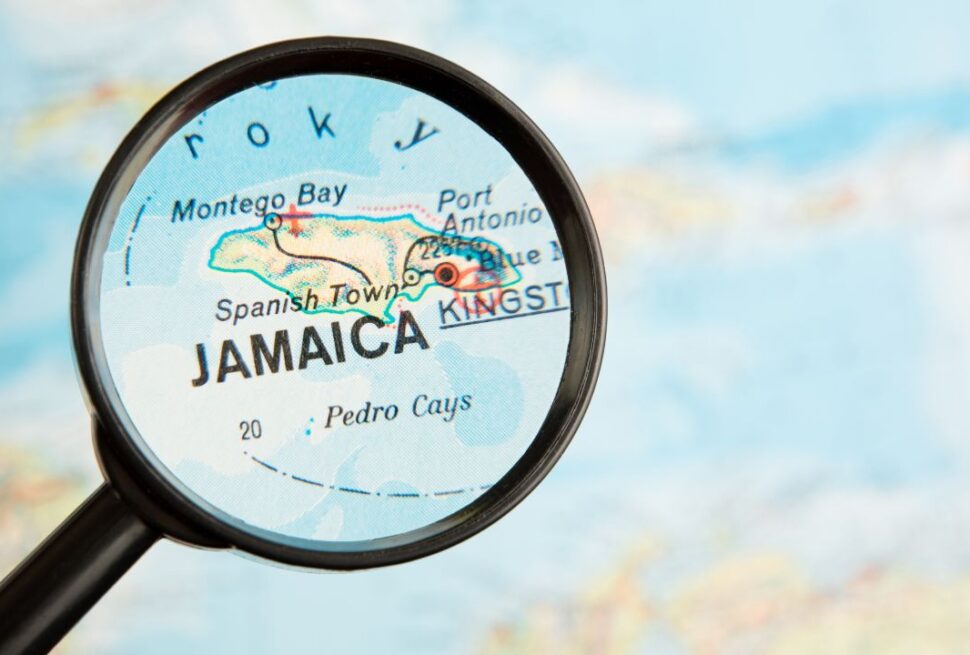
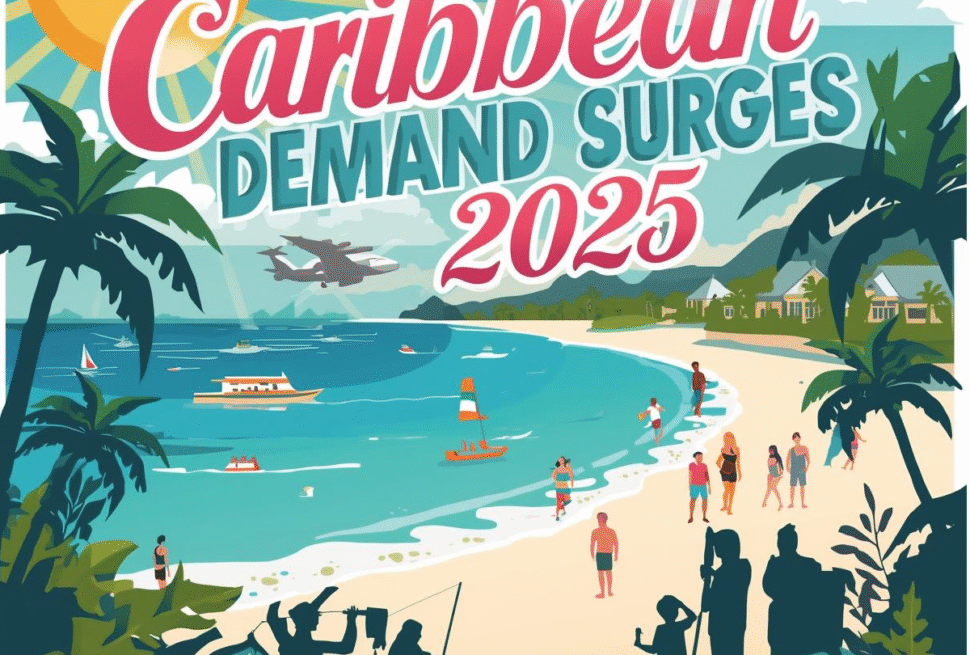
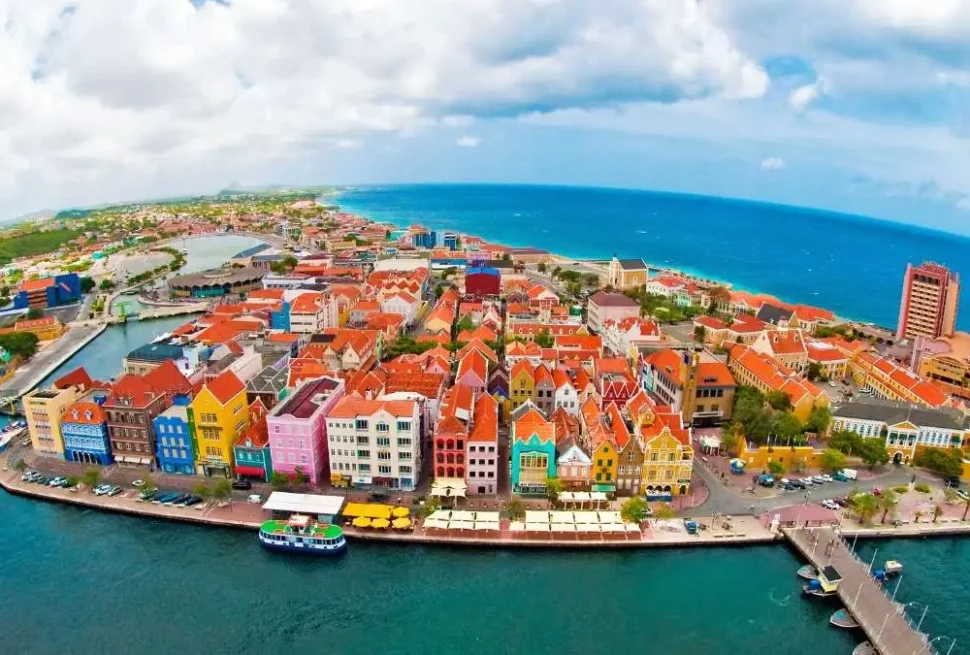
I simply love the practical advice and helpful information you consistently provide in your articles. It’s always actionable and directly applicable, which is exactly what I look for in content.
Nice post. I learn something totally new and challenging on websites
I very delighted to find this internet site on bing, just what I was searching for as well saved to fav
I like the efforts you have put in this, regards for all the great content.
Good post! We will be linking to this particularly great post on our site. Keep up the great writing